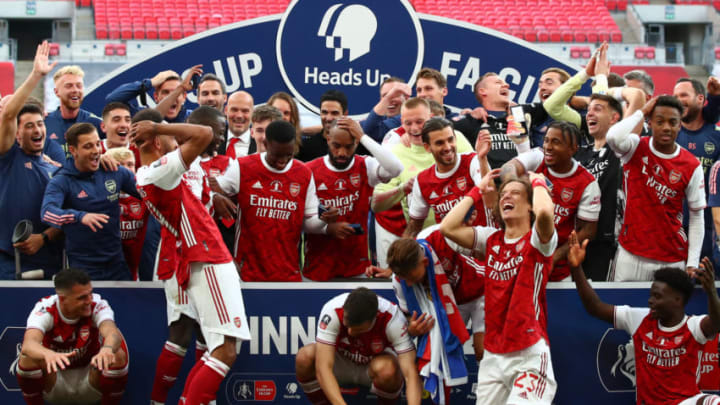
Arsenal’s goal is to profit and survive.
The philosophical and moral battle between social egalitarianism and capitalism in English football has been on-going for over a century.
Despite the economic tug of war, the fact remains that Arsenal Football Club is a business.
More from Playing for 90
- Alexia Putellas reaches 400 games with Barcelona
- Everything you need to know ahead of the 250th ‘Super Clásico’
- Barcelona put five past Real Betis
- Manchester City suffer but come away with win over West Ham
- Baffling Liga MX ruling strips Puebla of a hard-earned victory
The primary goal for any business is to survive. To meet this goal, the organization must produce a valuable product and, at a minimum, break-even financially.
Football, like the vast majority of all industries in the world, has been devastated by the pandemic.
A statement released by the club outlined the harsh reality of their situation:
"“Our main sources of income have all reduced significantly. Revenue from broadcaters, matchday and commercial activities have all been hit severely and these impacts will continue into at least the forthcoming 2020/21 season.” — Raúl Sanllehi, Head of Football and Vinai Venkatesham, Managing Director"
Much of the outage of football fans at the owners come from reasonable, but singular arguments.
One, most of AFC’s players took a 12.5% pay cut (later reduced to 7.5% due to making the Europa League) with the idea that this would save the jobs of support personnel.
Second, the club is in talks to bring on Willian in a transfer and to renew the contract of star player Aubameyang.
Lastly, and this is the heart of the philosophical divide, Stan Kroenke is a billionaire owner who has enough money to put into the club to save everyone’s jobs.
These arguments are flawed.
